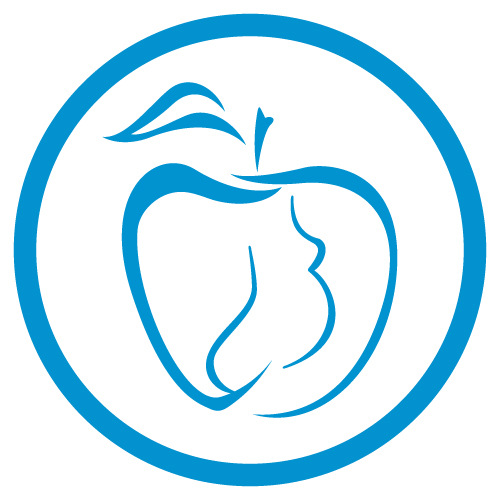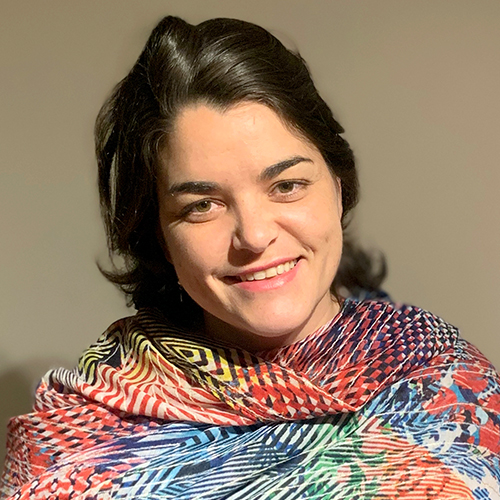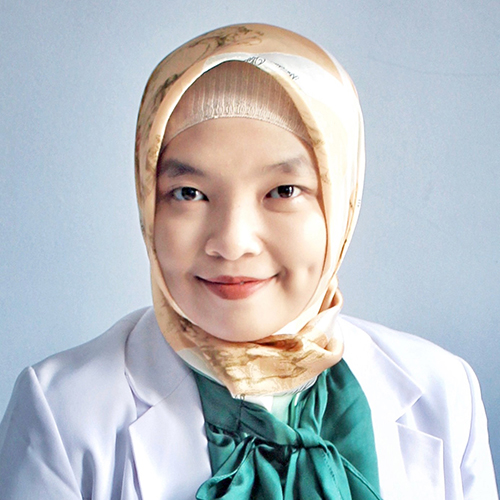 IBCLC Detailed Content Outline: Development and Nutrition Focused CERPs - Section I
IBCLC Detailed Content Outline: Development and Nutrition Focused CERPs - Section I
Access CERPs on Development and Nutrition for the IBCLC Detailed Content Outline recertification requirements. Enjoy convenient on-demand viewing of the latest Development and Nutrition focused IBCLC CERPs at your own pace.

Nutrition, What Is It Good For? Translating Guidelines to Everyday Practice for Perinatal Years

Swati Scott is a well accomplished community dietitian and lactation consultant working in Victoria, BC, Canada. Her experience spans across public health, acute care, primary care, education and most recently in community health. She has focused extensively on maternal- infant health and nutrition in the early years. She fervently helps families make mealtime the bridge between nutrition and a time for connection. She believes that prenatal nutrition, breastfeeding, healthy family meals set the stage for robust health. She continues to play an active role in local, provincial and global committees that serve maternity, infancy and the early years. She keeps herself updated with new research and continues to solidify her knowledge and skills through participation in baby friendly networks and conferences on childhood nutrition and perinatal health.
We will explore how the current nutrition guidelines coincide with the mothers awareness of prenatal nutrition based on their economic status, family circumstances, access to healthy foods and medical conditions that may impact their diet during that time. Participants will also be able to support their clients by enhancing their knowledge on optimal nutrition during lactation and postpartum recovery. The presentation also aims to shed light over the need for rest and shifting baselines of what is expected with a newborn in the life of a family. We will also learn about how families under our care can transition their babies to solid meals and emphasize how access to healthy foods and regular physical activity can create a healthy body image from the start.

Optimizing Growth and Body Composition in Preterm Infants: Approaches to Neonatal Nutritional Care in Clinical Practice

Dr Mark Johnson is a consultant neonatologist at University Hospital Southampton NHS Foundation Trust and an honorary senior clinical lecturer in neonatal medicine at the University of Southampton. He is also currently the clinical director for neonatal medicine in Southampton. Dr Johnson graduated in medicine (BM) from the University of Southampton in 2004, and undertook an intercalated degree in biomedical science during his medical training. Dr Johnson was awarded a prestigious NIHR doctoral research fellowship to fund his PhD, which he was awarded by the University of Southampton in 2015. Dr Johnson’s PhD focused on change management in neonatal care in the context of nutrition, successfully implementing improved nutritional practices in order to improve the growth of preterm infants. Dr Johnson's research centres around the nutritional care and growth of premature babies, and the implementation of practice change in order to improve care, and has published on these topics widely, including systematic reviews looking at the use of early parenteral nutrition in preterm infants, the impact of enhanced nutrition on the neurodevelopmental outcomes of preterm infants and the effect of preterm birth on body composition and growth. He has also contributed to national and international guidance on nutritional care.
Current recommendations for the growth of preterm infants are that they should try and achieve the same pattern of growth they would they were still in-utero. This growth should be both the right quantity, but also the right quality in terms of body composition and the relative proportions of fat and lean tissue. This requires higher amounts of nutrition that can be difficult to deliver, meaning that preterm infants are at risk of poor growth and body composition that favours fat accretion over lean mass. This is important, as nutrition, growth and body composition in early life are associated with neurodevelopmental outcomes and longer-term cardiovascular risk. However, the exact pattern of growth that results in optimal short- and long-term outcomes in these infants is not well defined. This talk will explore current patterns of growth, the evidence for the pattern of growth for optimal clinical outcomes, and what can be achieved in clinical practice. It will then go on to consider different strategies for nutritional care and how these can be implemented in clinical practice for preterm infants in the neonatal unit to achieve optimal growth.

View Details / Enroll
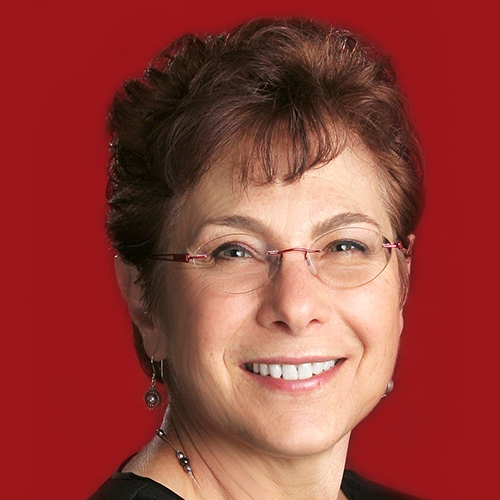
Optimizing the Feeding Abilities of Premature Infants to Support Breastfeeding

Robin P. Glass, MS, OTR, IBCLC practices occupational therapy at Seattle Children's Hospital in Seattle, WA and is an Assistant Clinical Professor in the Department of Rehabilitation, at the University of Washington. Her clinical specialty is the treatment of infants, with a strong focus on feeding and swallowing issues. She provides treatment for hospitalized infants including the NICU with a wide range of medical and developmental diagnoses. She is NDT trained and is a 20 year Board Certified Lactation Consultant. Robin has extensive national and international experience speaking about infant feeding.
Robin has received numerous awards including the National Association of Neonatal Therapists (NANT) 2015 Pioneer Award and the 2018 Nancy Danoff Spirit of Service award from the Breastfeeding Coalition of WA and Nutrition First. Robin has co-authored numerous journal articles as well as the book Feeding and Swallowing Disorders in Infancy: Assessment and Management.
Topic: Optimizing the Feeding Abilities of Premature Infants to Support Breastfeeding - [View Abstract]
For the baby born prematurely, learning to breast/chestfeed may be more complex. There are factors related to the infant, the environment and to the lactating parent that can make this process more challenging. Many babies often leave the NICU not fully breastfeeding and continue to struggle once at home. This presentation will describe, evidence-based approaches to developing breastfeeding in the premature infant. It will review developmental and co-morbid factors affecting the infant’s feeding acquisition and describe interventions that can be used to improve breastfeeding skill.
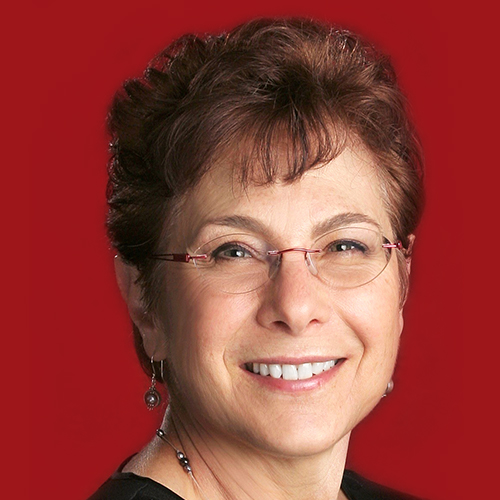
View Details / Enroll
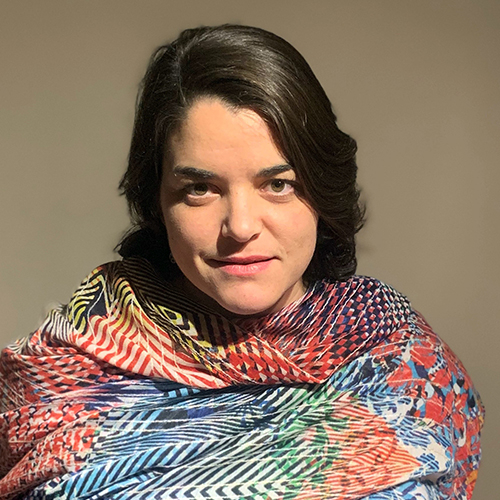
Oral Colostrum Care as an Immunological Intervention in the NICU

Mariana Colmenares Castano was born in Mexico City, and from an early age she was fascinated by animals and nature.She studied medicine at the National University of Mexico (UNAM), and foundher passion as a pediatrician doing her residency at the National Pediatric Institute. When her first child was born she witnessed the lack of knowledge and commitment to breastfeeding within the medical profession, and so she decided to specialize in breastfeeding medicine. She certified as a Lactation Consultant (IBCLC) in 2011.Mariana is a member of the International Lactation Consultant Association, the Academy of Breastfeeding Medicine, and a proud founding member of the National Lactation Consultant Association of Mexico (ACCLAM), where she served on the Board of Directors as Education Coordinator (2014-2019). She is part of board director for the Academy of Breastfeeding Medicine for a 3 year period (2019-2022) and recently named as secretary for the Academy of Breastfeeding Medicine. Mariana is a member of the team for Breastfeeding Country Index BFCI, a project from Yale University and Universidad Iberoamericana. She is consultant for the National Health Institute in Mexico and has collaborated with UNICEF in breastfeeding projects and part of the steering committee for the WHO. She has spoken at national and international conferences, co-published numerous articles and co-authored a chapter for the National Academy of Medicine. At the moment she is a Clinical Fellow in Community Paediatrics in London.
Topic: Breastfeeding The Baby With Congenital Heart Disease - [View Abstract]
Topic: Breastfeeding with Insufficient Glandular Tissue - [View Abstract]
Topic: Clinical Assessment and Management of Jaundice in the Newborn - [View Abstract]
Topic: Oral Colostrum Care as an Immunological Intervention in the NICU - [View Abstract]
Breastmilk must be the food for every human on earth. During the last decades we have been learning much more about the immunoprotective and immunomodulating properties of human milk, specifically colostrum. With advancements in neonatal care, we also have new challenges. As health care professionals it is an ethical responsibility to protect and promote breastfeeding practices for every family. Oral colostrum care is the use of own mother's colostrum in the cheeks and mouth of the baby not for a feeding purpose. It is an opportunity to initiate an immunological intervention in small or sick babies, allowing interaction of immunological properties with the linfoid tissue, promoting and improving microbiome and immune response. The mother and the family can also benefit from this intervention improving and enhancing integral participation and prevalence of breastfeeding in the long term.

View Details / Enroll

Our Hands as Tools to Resolve Acute Breast Pain in the Early Postpartum Period

Maya Bolman was born and raised in Minsk, Belarus. She was certified as IBCLC in 2001 and currently works as a lactation consultant at Senders Pediatrics and Breastfeeding Medicine of Northeast Ohio.
Maya is well known internationally for her work promoting hand expression and breast massage to health professionals and parents. She recognizes that teaching these basic tools helps empower them to work through breastfeeding challenges including engorgement, plugged ducts, separation from the infant, and milk supply concerns.
She has worked with Dr. Ann Witt to create an instructional video “The Basics of Breast Massage and Hand Expression” and conducts research on the effectiveness of Therapeutic Breast Massage in Lactation (TBML) both in the office and as a treatment at home for mothers.
Topic: Our Hands as Tools to Resolve Acute Breast Pain in the Early Postpartum Period - [View Abstract]
Breast pain is a major cause of weaning. Milk stasis, which occurs in engorgement, mastitis and plugged ducts, is a common cause of pain that may lead to the temporary or permanent cessation of breastfeeding. Therapeutic Breast Massage in Lactation (TBML) is one clinical tool to help resolve breast pain quickly. Therapeutic Breast Massage in Lactation (TBML) provides a simple, readily accessible method that can be easily taught to parents and health professionals. Empowering parents to resolve complications at home may be a critical skill for extending breastfeeding duration.

View Details / Enroll
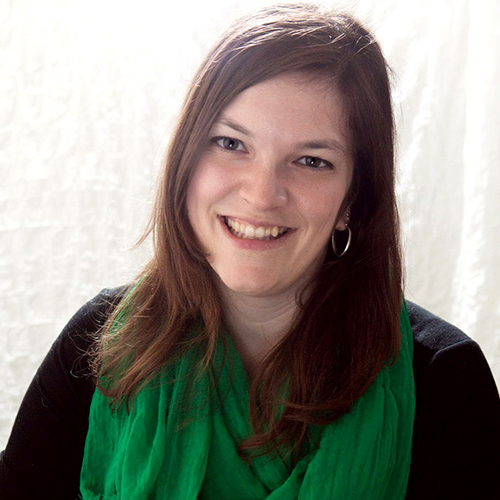
Overcoming Challenges to Feeding: Supporting Parents with Physical, Mental or Socioemotional Differences - Part 1

Julie Matheney knew when she was ten years old that she wanted to feed babies for a living. She earned her Masters in speech-language pathology and has worked with feeding and swallowing disorders for over a decade. While most people assume speech therapists teach children who stutter or work on ""r's and s's"", the bulk of her job is feeding and swallowing as part of a hospital based, rehabilitation team. The same things you speak with, you eat with! Over the past decade working in the NICU, she discovered her passion for working with breastfeeding families and became an IBCLC in 2018.
She transitioned out of the hospital in July 2021 and currently works full time in private practice as a lactation consultant in Los Angeles. She enjoys helping the whole family in the feeding process to meet their goals.
Her loving husband is always supportive of her in her vocational passions and was instrumental in launching her private practice. She has two young daughters, both of whom were exclusively breastfed until two years old.
Topic: Overcoming Challenges to Feeding: Supporting Parents with Physical, Mental or Socioemotional Differences - Part 1 - [View Abstract]
Topic: Overcoming Challenges to Feeding: Supporting Parents with Physical, Mental or Socioemotional Differences - Part 2 - [View Abstract]
For years we have learned how to support breastfeeding for the infant with differences and disabilities. There is a lack of education and support however for mothers/lactating parents who face these same challenges. Studies show parents with differences and disabilities are less likely to receive adequate prenatal care and breastfeeding assistance compared to those without disabilities. How do we support lactation for parents who have physical, mental, and emotional/social differences? Each type of difference or disability also has specific needs for adaptations, to the environment and to the tools we would use to facilitate position, latch, and lactation success. This session helps participants use critical thinking to ask the right questions, make adjustments to the environment, and create functional plans specific to the individual needs of the parent. The three domains we will be discussing are physical challenges, social/emotional challenges, and the neurodiverse.
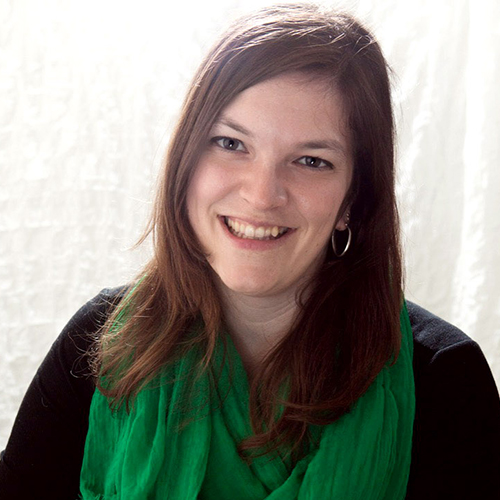
View Details / Enroll
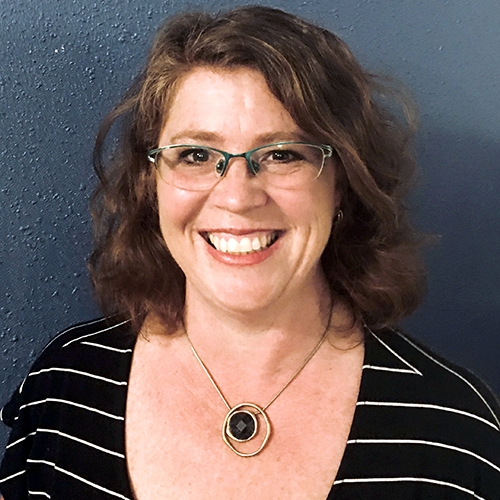
Palliative Care: Why and How to Provide Lactation Support During Serious Illness or Before an Anticipated Death

Elizabeth began her career in maternal health in 2000 after earning a Master of Public Health with an emphasis in maternal child nutrition. She accepted a job teaching childbirth education at the University of Utah Hospital and taught for two years before being promoted to the coordinator of that department.
When the hospital decided to begin the journey to become Baby Friendly, Elizabeth was asked to be on that committee and eventually was asked to be the Baby Friendly Coordinator. During this process, it was a natural step for her to earn her IBCLC. Recently Elizabeth was promoted to the manager of the lactation inpatient team in addition to her other responsibilities.
An advocate for maternal health in all areas, Elizabeth serves as the board chair and founding board member for the Mountain West Mothers' Milk Bank. She is the president elect for the International Childbirth Education Association, and the secretary for PSI-Utah. She sits on the University of Utah Perinatal Bereavement Committee, Discharge Quality Committee, and have served on multiple other committees over the years.
She has been married for over thirty years and is the mom of three children. She still has time to pursue other passions such as singing, gardening, exercising, and spending time with her friends and family.
In non-covid times, she can be found on Friday nights calling Bingo for her church and volunteering in other capacities.
In this presentation you will learn about palliative care, hospice, and anticipated death in the early newborn period and why breastfeeding is still important. We will explore the benefits both nutritionally and psychologically for the family experiencing this difficult situation. Using the story of the family who inspired the presenter to explore the options and choices, participants will gain a better understanding of ways to look outside their usual practice to be a support for families. In times of anticipated death and bereavement, it is sometimes difficult to know what to do or say but being open to learning from others and challenging ourselves to be support in different situations, we have an opportunity to help families heal.
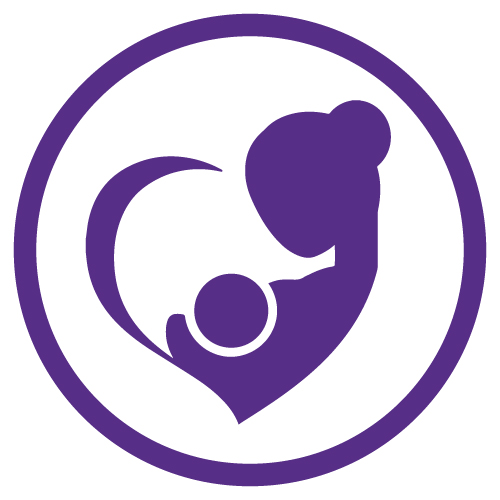
View Details / Enroll

Persistent Pain During Breastfeeding - A Challenge in Lactation Counseling

Alexandra Glass is a gynecologist/ obstetrician and an International Board Certified Lactation Consultant working in Hanover, Germany, where she lives with her family. Alexandra is the Vice President of BDL Lactation Consultant Association. She speaks at Local, National and International conferences and she teaches preparatory courses for the IBCLC exam. She is the mother of two daughters, who were both breastfed.
This presentation will give an overview of the reasons that can cause painful breastfeeding and how we can intervene either via breastfeeding management or medically.
The reasons might be
- poor latch
- problems with sucking, like tongue tie or other anatomical issues, also nipple confusion
- vasospasms
- infections, mastitis
- Mammary Constriction Syndrome
- injuries or medical conditions of the skin, such as psoriasis, dermatoses, eczema
- oversupply
- plugged ducts
- incorrect pumping or hand expression
- allodynia/functional pain
- psychological and emotional aspects
Important aspects concerning breastfeeding management and counselling and possible therapeutic interventions will be discussed as well as the impact of painful breastfeeding on the breastfeeding dyad and the whole family.

View Details / Enroll

View Details / Enroll
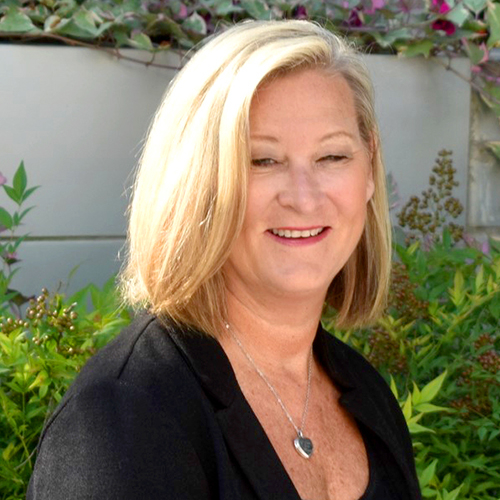
Physiologic Biomarkers to Detect Subclinical Acute Kidney Injury in Premature Infants

Dr. Marin is currently an Assistant Professor at Augusta University, and is an active researcher in the Level IV NICU at Children’s Hospital of Georgia. She received her BSN from the University of Tennessee, her MSN from Stony Brook and her PhD from Emory University. Dr. Marin’s program of research is focused on defining non-invasive methods to predict early-onset acute kidney injury in preterm infants, including analysis of metabolomics, proteomics, the gut-kidney microbiome axis, and renal hypoxia measured by near-infrared spectroscopy as they relate to subclinical and actual acute kidney disease.
Acute kidney Injury (AKI) prior to the completion of nephrogenesis at 34 weeks’ gestation has significant life-long effects. The immature kidney only receives 3-4% of total cardiac output, compared to 20% in term infants, children and adults. Therefore, minimal decreases in oxygen delivery may substantially compromise proper oxygen utilization increasing the risk for morphologic changes and reduced nephron endowment. Current diagnostic criteria (serum creatinine (sCr) elevations with oliguria) cannot detect early-onset AKI, as up to 50% of nephron damage has already occurred by the time these abnormalities become apparent. This presentation will look at new research related to the current diagnostic criteria for AKI in the preterm infant, the physiologic mechanisms involved in AKI and short and long-term implications.
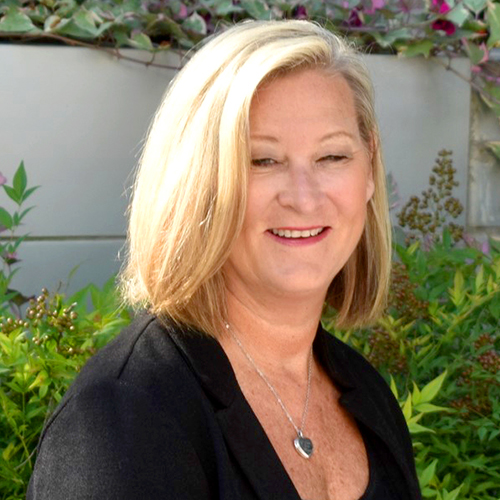
View Details / Enroll
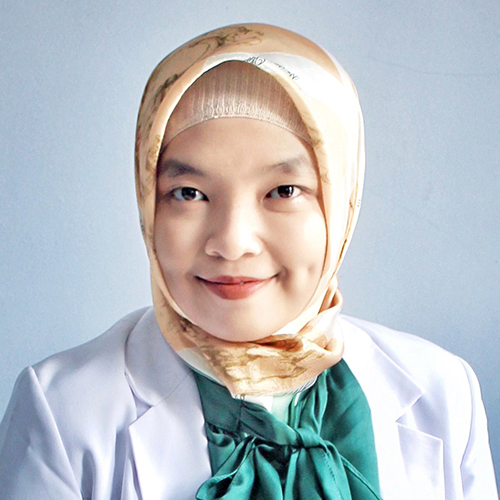

Dr. Dyah Febriyanti is a medical doctor, an IBCLC, a breastfeeding counselor, and a mother living in Jakarta, Indonesia. She has been working in hospitals since she graduated in 2012. She was facing many struggles to succeed breastfeeding her daughter for two years. She has been an IBCLC since 2017. She works with breastfeeding dyads in a team, called Praborini lactation team, consisting of all lady doctors in outpatient and inpatient care units. Concerning breastfeeding and nutrition in early life, she has published a semi-cookbook about complementary foods for breastfed babies and cooking videos to educate and help mothers feed their babies. She also has been working on scientific writing. She is a member of the Academy of Breastfeeding Medicine, International Lactation Consultant Association, and a trainer of the Indonesian Society of Perinatology.
Topic: Pitfalls in Infant Feeding Practices After Starting Solids - [View Abstract]
Breastfeeding for the first two years has physical and psychological benefits. The baby should be well-fed through exclusive human milk for the first 6 months, then given complementary feeding (or 'start solids') while continuing to breastfeed until weaning after two years. Inadequate complementary feeding may lead to nutritional as well as developmental problems. Due to a lot of misinformation many parents are unaware of current recommendations on starting solids, and it is often a time when poor understanding of the baby’s nutritional needs leads to unnecessary concern about intake of solids and subsequent weaning. Education is crucial during this period, and it is important for health care providers to be up to date on the latest best practice guidelines and skilled at counselling parents to avoid unnecessary weaning and nutritional deficits.



